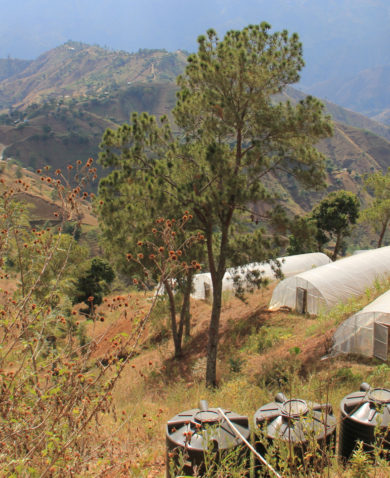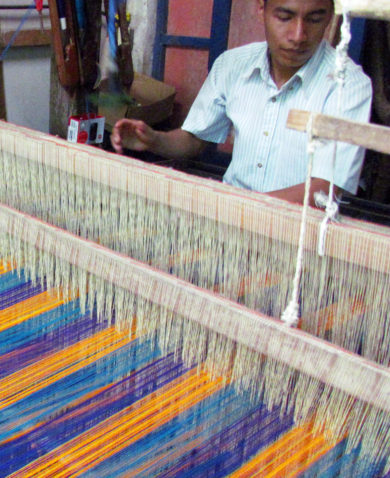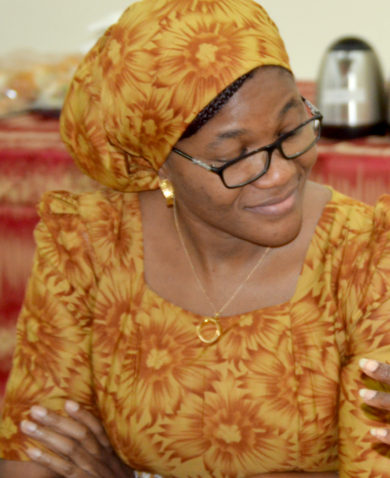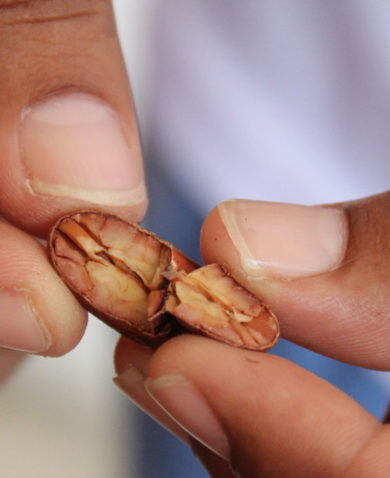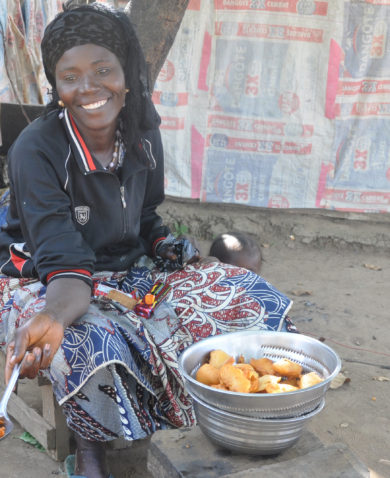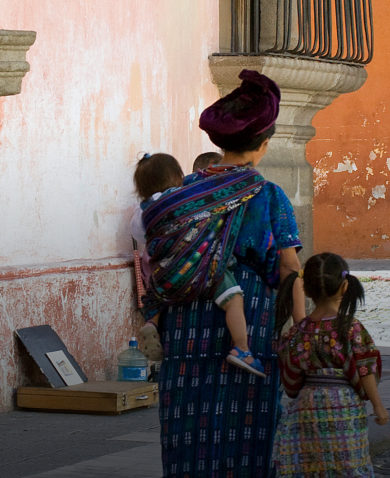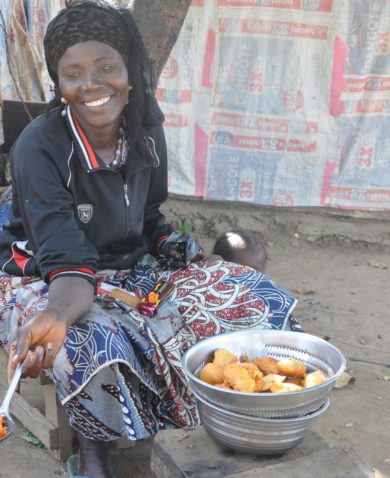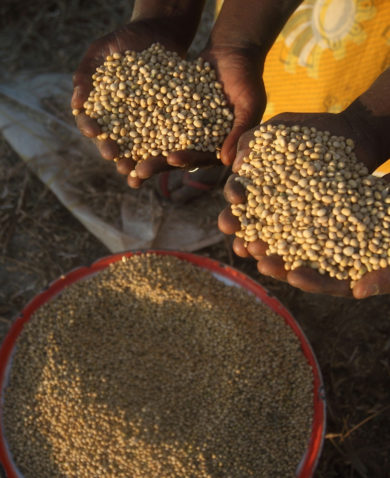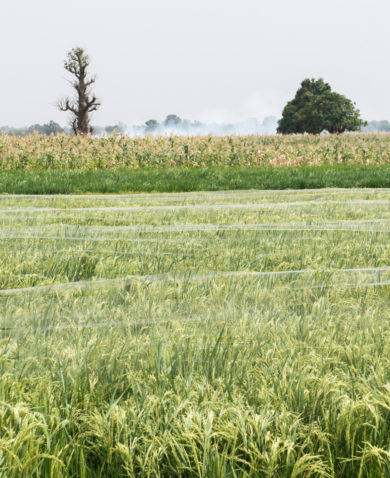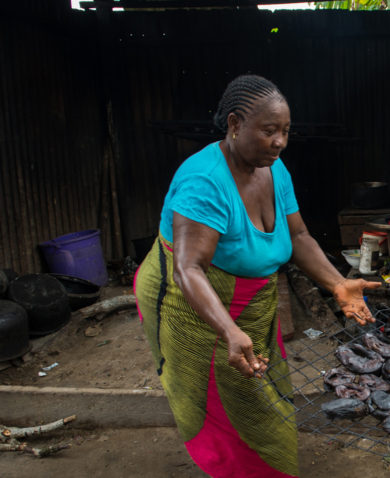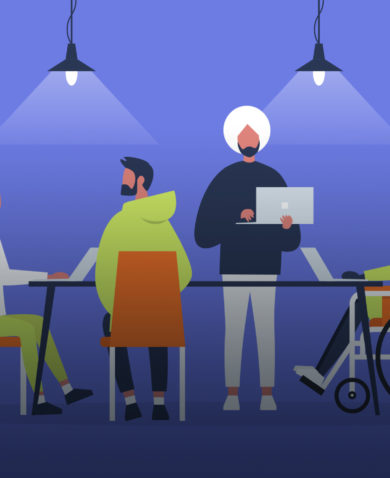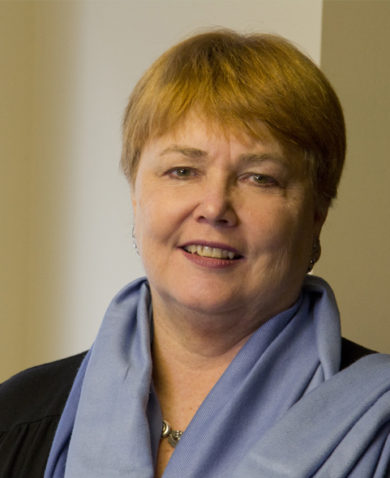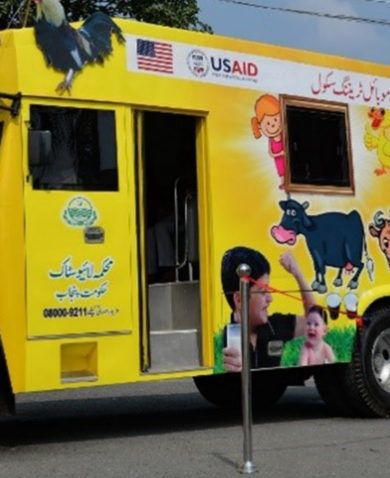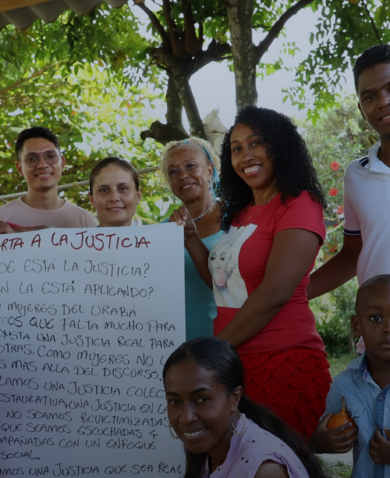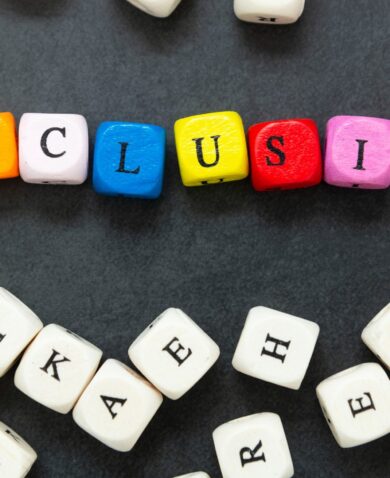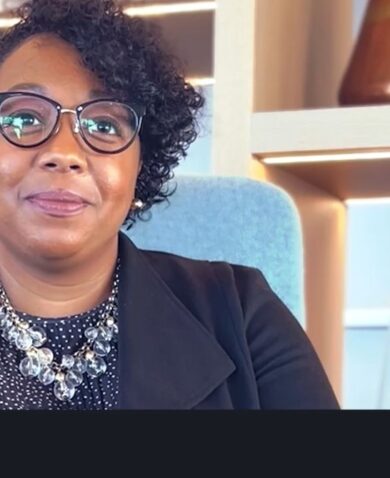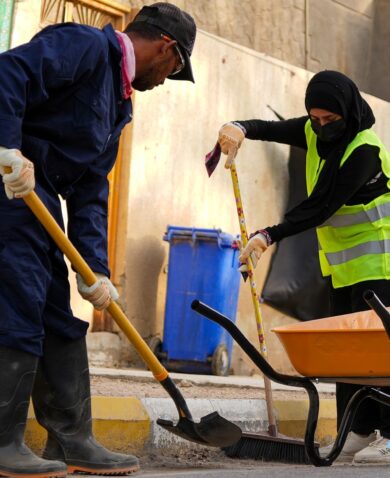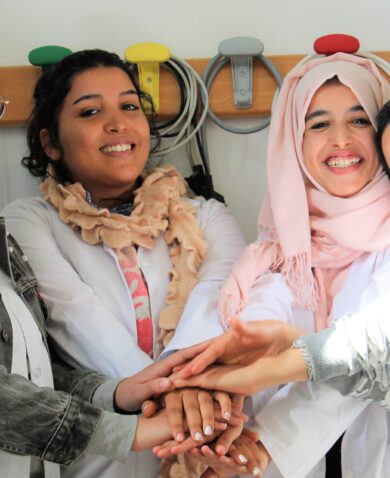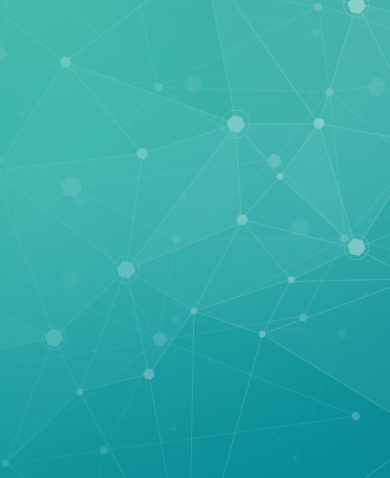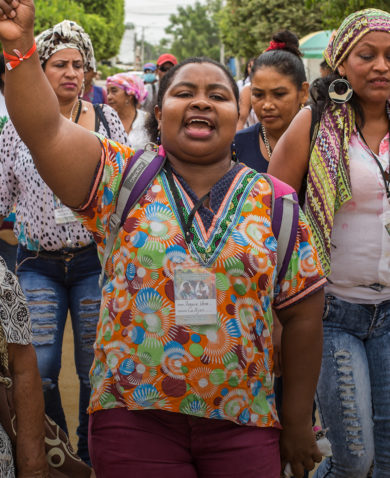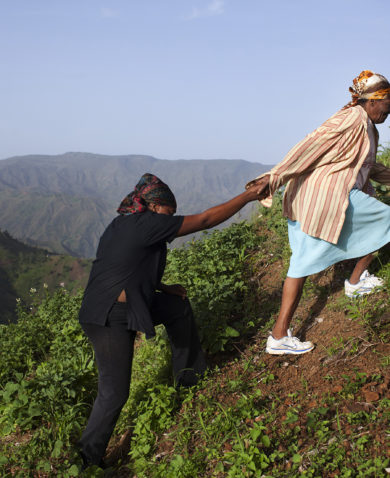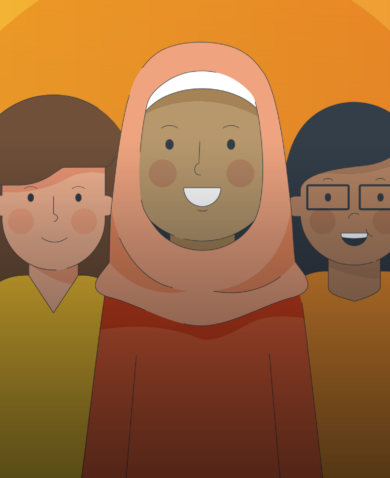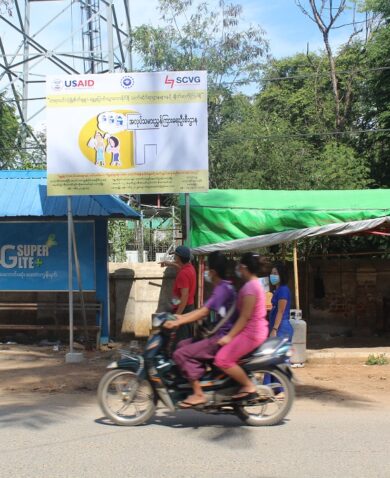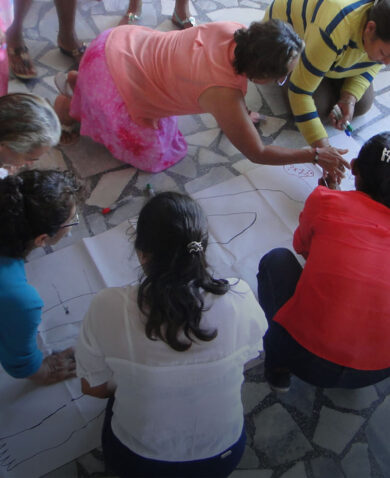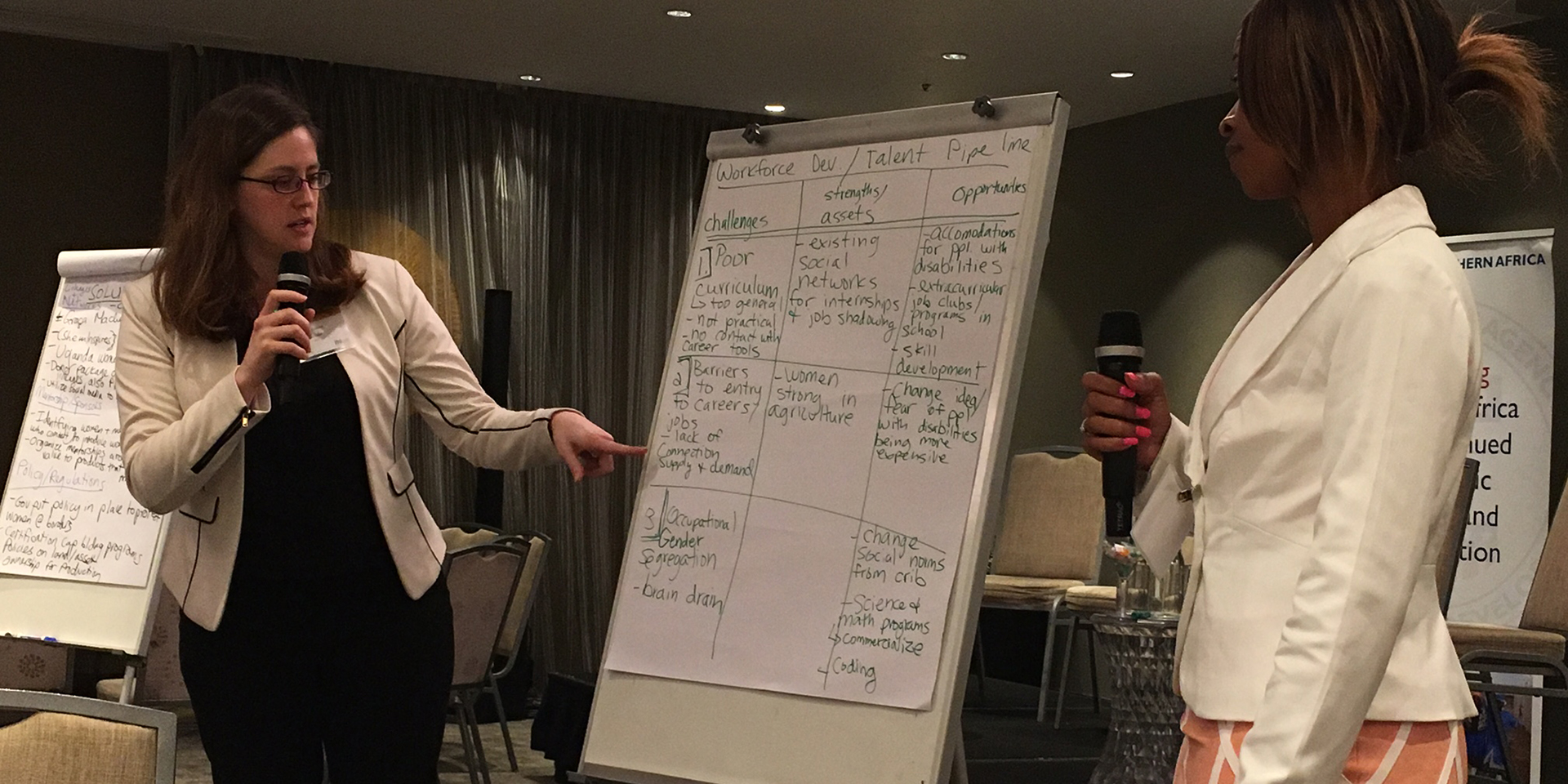
4 Ways Women Can Support Women’s Economic Empowerment
April 27, 2017 | 3 Minute ReadHow can women stand in solidarity with each other to promote equal access to economic opportunity? Here are four approaches, based on USAID's new draft framework.
USAID’s recent Women’s Economic Empowerment and Equality Workshop in Johannesburg, South Africa, brought together nearly 100 men and women dedicated to advancing women’s economic empowerment and equality throughout Africa and beyond. Over a period of two and a half days, we discussed USAID’s new draft Framework to Promote Women’s Economic Empowerment and Equality, listened to expert-led panel discussions, participated in technical working groups, and got know each other as we tackled tough issues such as workforce development, entrepreneurship, financial resources, technology, male engagement, and countering violent extremism. Throughout these activities, we found that we have many challenges in common, despite working in different environments.
1. Defining empowerment and equality:
To promote women’s economic empowerment and equality, it’s important to understand how each term is defined. USAID defines these separately, stating that, “empowerment exists when women can equitably participate in, contribute to, and benefit from economic opportunities as workers, consumers, entrepreneurs, and investors,” and, “equality exists when all women and girls have the same opportunities as men and boys for education, economic participation, decision-making, and freedom from violence.”
2. Leveraging the power that women already have:
A thought-provoking idea was raised by Theo Sowa, the CEO of the African Women’s Development Fund, when she stated that women already have power. We simply have to recognize it and use it, rather than giving it away. This idea resonated strongly with me and was echoed by many throughout the conference. It’s easy to get caught up in negative discussions about what women don’t have, or in aspirational conversations about what we want to have. Re-framing the discussion around what we already have and how we can use it put a positive spin on the topic and made many of us — myself included — feel like we were tackling our challenges from a position of strength.
3. Mitigating the impact of violence:
It is important to recognize that gender-based violence affects women’s economic empowerment and equality. The draft framework presents gender-based violence, including sexual harassment, as an issue requiring risk mitigation — in addition to other effects, violence against women and girls harms their physical and emotional well-being and decreases productivity in the workplace. The issue of violence against women was raised in many, if not most, of the conversations in which I participated. We heard a powerful example of the use of women’s solidarity against violence, in which a group of women defended each other in solidarity and jointly addressed male abusers. This was just one of many examples shared of women supporting women.
4. Expanding women’s links to each other:
We discussed the continuing need for women’s mentorship, coaching, and networking. While some argued that mentorship should evolve naturally, there was broad consensus that we need to provide more coaching for women starting and running their own businesses. We also discussed the idea of moving beyond coaching to “sponsorship,” in which women actively and deliberately promote other women for business opportunities. Men do this every day, and it’s time for us to recognize that as women, we have the power to do it too. We also have power as consumers; Women make the majority of consumption choices in today’s world and we can put that power to work by choosing to buy from other women. Finally, we need to do more to connect women with each other and we can do so through organizations such as the Graça Machel Trust.
In the end, while there was a recognition that women bear the brunt of the deficit in development, the conference ended on a high note. We left with practical next steps in our efforts to improve women’s economic empowerment and equality, such as developing more gender-sensitive national policies, using social media to promote products made by women, leveraging grassroots organizations that support female entrepreneurs, and using our voices to influence each other. We met new potential partners and colleagues, and we found a collective vision in USAID’s draft Framework to Promote Women’s Economic Empowerment and Equality. We look forward to the launch of the framework and forging new partnerships as we continue to work for women’s economic empowerment and equality.








